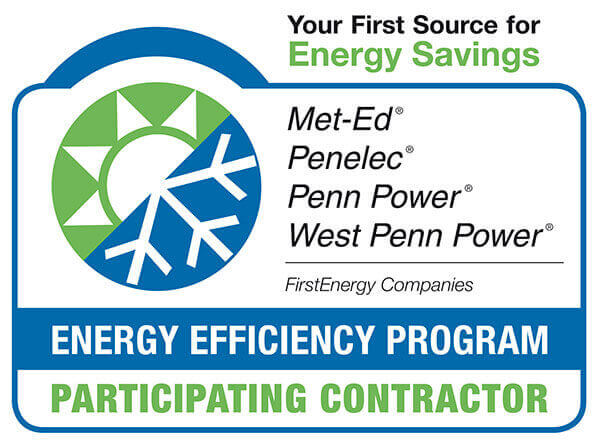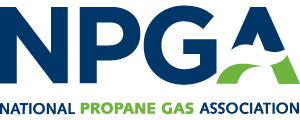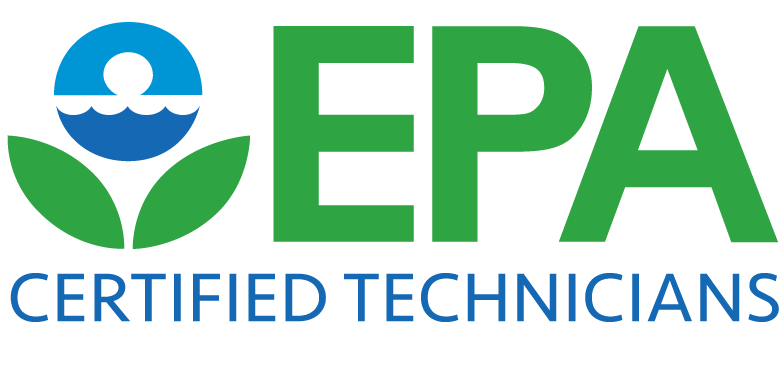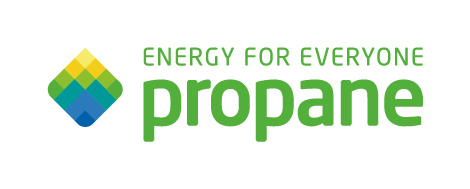FAQs
Q: What does HVAC stand for?
A: HVAC is an acronym that represents heating, ventilation, and air conditioning.
Q: What kind of upkeep do I have to do on my cooling and heating system?
A: As a homeowner , maintaining your system is certainly not rocket science. There are a few aspects that you need to remember. The key feature to be aware of is proper airflow. This indicates that you should check your air filters quite often and change them out when they are dirty. It also suggests that you need to make sure that your air vents aren’t obstructed by things such as furnishings. In fact, don’t even close up air vents to areas that are less commonly used. You are making your system run harder than need be, using more power to do so, and throwing away money. Lastly, don’t forget to schedule an annual tune-up on your AC system. This should really be done in the spring season. Arrange for an annual tune-up on your heating system in the fall season.
Q: Should a loud noise coming out of my AC system and heating unit be something that worries me?
A: Regardless of whether your unit seems to be running adequately, your neighbors will thank you for repairing your noisy HVAC system. Clearly, they do not want to know every single time your system turns on or off. Additionally, there is enough noise pollution on the planet and the last thing that you intend to do is be a contributor to it. A loud system could be caused by a few variables. They are:
- Age
- Make and model of the unit
- Is your compressor insulated or not?
Heating and cooling systems that are made now of days are put together with a quieter design. The good news is that you can compare one model to another by checking out their sound ratings. This will serve to help you figure out which one to choose simply because you don’t want one of the louder designs if it is located right outside your bedroom window. That might not go over so well during the night.
Q: I have knowledge of the real dangers of carbon monoxide. Is this something I have to be concerned about?
A: A CO leak is really serious. It can result in significant repercussions. Since a leakage is undetectable, it is recommended to get a CO alarm in your home. You should also conduct proper upkeep on your system to avoid a carbon monoxide leak.
Q: What does IAQ mean?
A: IAQ is a phrase that is used in the trade that represents Indoor Air Quality. Although most individuals have normally heard of outdoor air pollution, indoor air pollution is a concern. This term signifies that the quantity of air pollution that exists in a home or even a building. According to the American Lung Association, direct exposure to pollutants takes place more commonly indoors than in an outdoor environment by a notable amount. This is why it is important to have an HVAC system that improves IAQ and really aids homeowners who deal with respiratory issues and allergies.
Q: Should I cover my exterior unit through the winter months?
A: Your outdoor unit is constructed to deal with the harshest of winters months so it is not suggested to cover your unit. If someone were to mistakenly turn on the air conditioner when your unit is covered, it can ruin the condenser and all of its components.
Q: I have invested in a brand new furnace and air conditioner. For how long should I presume it to last?
A: This all depends on a number of contributing factors. When you invest in a brand new furnace or air conditioner, they are made to last almost 15-20 years. It needs to be noted that systems end up being less energy efficient as they age. As a result, a 12 year old machine will not be as energy efficient as a brand-new one. You can help your system last and run more efficiently by effectively maintaining it. Adequate installation also contributes to the life span of an HVAC system. Make sure that it is installed correctly by choosing a reputable Highland HVAC company, like SOS XTREME Comfort®.
Q: I have to invest in a new heating/cooling system. How do I pick out the appropriate one for me?
A: The number one aspect that you will need to take into consideration is size. The unit must be the proper size for your home. Many house owners make the blunder of investing in systems that are too large, thinking that the system will heat or cool their home more rapidly. Other property owners invest in units that are too little, believing that their units will use a lot less electrical power and as a result, save money. This is a big no-no. Your unit has to complement the size of your house so that it can properly heat or cool it. A Highland, New York cooling and heating professional, like SOS XTREME Comfort®, has the knowledge to match your unit. Also, make sure to review operating expenses of your system with your contractor. You want a system that, basically, pays you back. Make sure to get a system that, on a monthly basis, offsets the cost of the unit through your energy bill.
Q: I just invested in a new heating and air conditioning unit. Should I have a programmable thermostat installed too?
A: People are becoming more cognizant of the energy use in their houses. A simple product, such as a programmable thermostat, is really helping homeowners become more aware of their home heating and cooling expenses. It allows property owners to change the temperature of their house based on their necessities and routines. This saves them a lot of money due to the fact that they don’t need to remember that to turn the thermostat up or down prior to getting out of the home or just before going to bed. In the hustle and bustle of life, numerous people forget to do this. For example, you can set your thermostat to warm your home just before you rise in the morning instead of waiting for you to get out of bed to do it. You can also do this just before you get home from your job. It is quite a convenient, money-saving device.
Q: I understand that I should have my furnace tuned up in the fall and my air conditioning system looked at in the spring season. Why can’t I have both of these inspected at the exact same time?
A: You use your HVAC system the most in the summer season and in the winter months. Consequently, you need to have your AC examined the spring and your heating system examined in the fall. A Highland HVAC specialist will get more of a proper reading when each system is about to be put to use the most. This reduces the chances of pricey repair jobs and it makes sure that your system is running at optimal performance.
Q: My furnace/air conditioner works though it is old. Why should I removed and replace it?
A: Regardless of whether your heating and air conditioning system is functioning, when it is over 12 years old, it stops performing as effectively. As a result, you are spending more on your monthly electric bill in order for it to keep your house comfortable. New systems can save as much as 50% on operating charges so they pay themselves off in a very short time. It may possibly not be an investment decision that you planned on but you will be grateful that you did. An additional benefit of a brand-new unit is that it will keep your home more comfortable.









